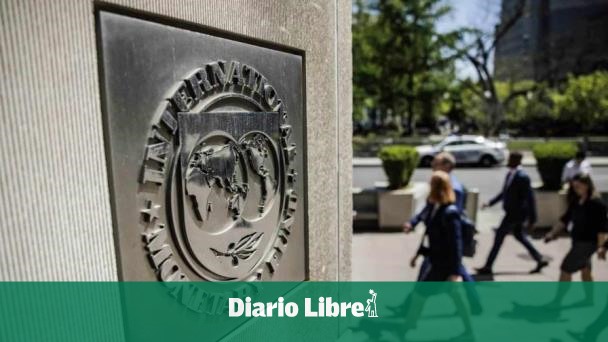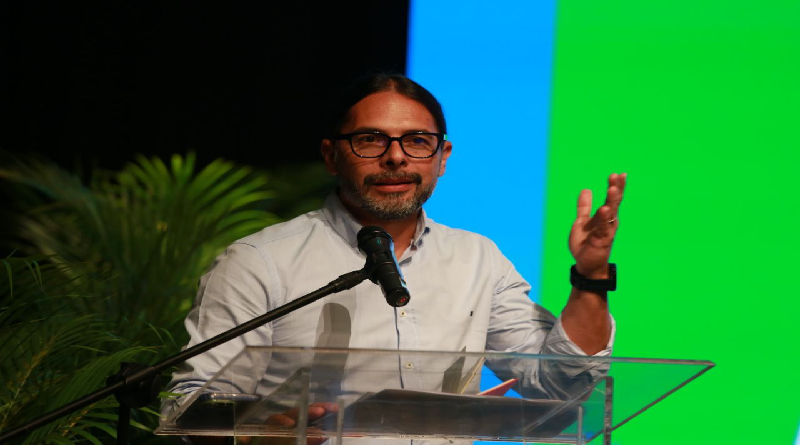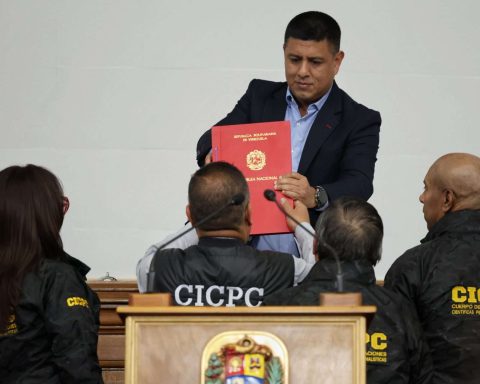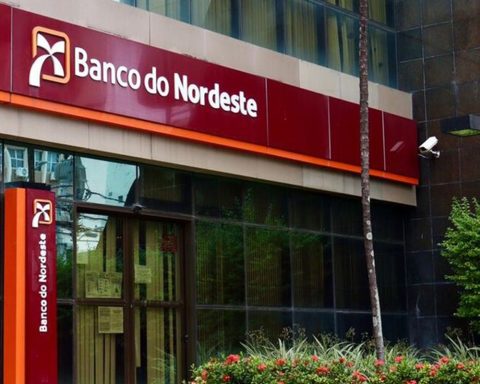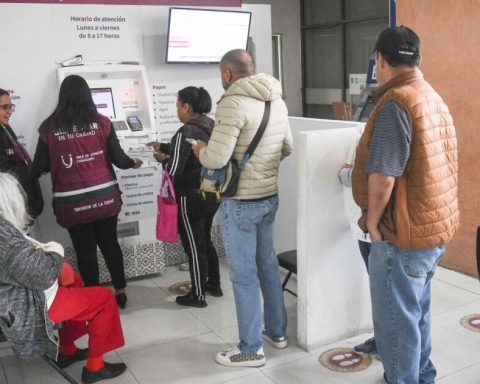He Monetary Fund International (IMF) agreed this Friday to reduce the cost of the loans which grants, which will save countries low- and middle-income earn about $1.2 billion a year.
The managing director of the institution, Kristalina Georgievaexplained in a statement that the measure will be put into practice starting November 1 and that seven of the countries that now pay surcharges for exceeding debt thresholds they will stop doing so by 2026.
Georgieva said that the board of the IMF concluded this Friday the review of the policy of charges and surcharges of the institution with the approval of a “global package that substantially reduces the cost of loans while preserving the financial capacity of the IMF to support the countries who need them.”
To reduce the costhe IMF will reduce the margin on special drawing rights (SDR) from 100 to 60 basis points, increase the threshold for applying the surchargeswill lower the interests for surcharges applied for temporary reasons from 100 to 75 basis points and will increase the thresholds for rates.
But the institution International also made it clear that it has no intention of eliminating charges and surcharges considering that they are an “essential part” of its risk management structure.
“Jointly, charges and surcharges cover intermediation costs loanshelp build reserves to protect against financial risks and provide incentives for prudent financing,” Georgieva said.
The last time the IMF reviewed your policy of charges and surcharges It was in 2016. The IMF recognized that since then interest rates have risen sharply around the world, raising the cost of loans for the countries.
Currently, 19 countries they pay surcharges for the loans with the IMF. As of November 1, Benin, Ivory Coast, Gabon, Georgia, Moldova, Senegal, Sri Lanka and Suriname will stop doing so due to the increase in the threshold to apply them.
By fiscal year 2026, of the 20 countries that he IMF estimates they would have had to pay the surcharges If they have not made this change, seven will not do so thanks to the measures approved this Friday.
Just on Thursday, an international group of economists had requested the IMF a substantial reform of its policy of surcharges.
“Research shows that surcharges of the IMF are procyclical and regressive, since they require rates higher interest rates countries during financial crises, when they should be investing in their own recovery,” noted the letter signed by nearly 150 economistsincluding Nobel Prize winner Joseph Stiglitz.
